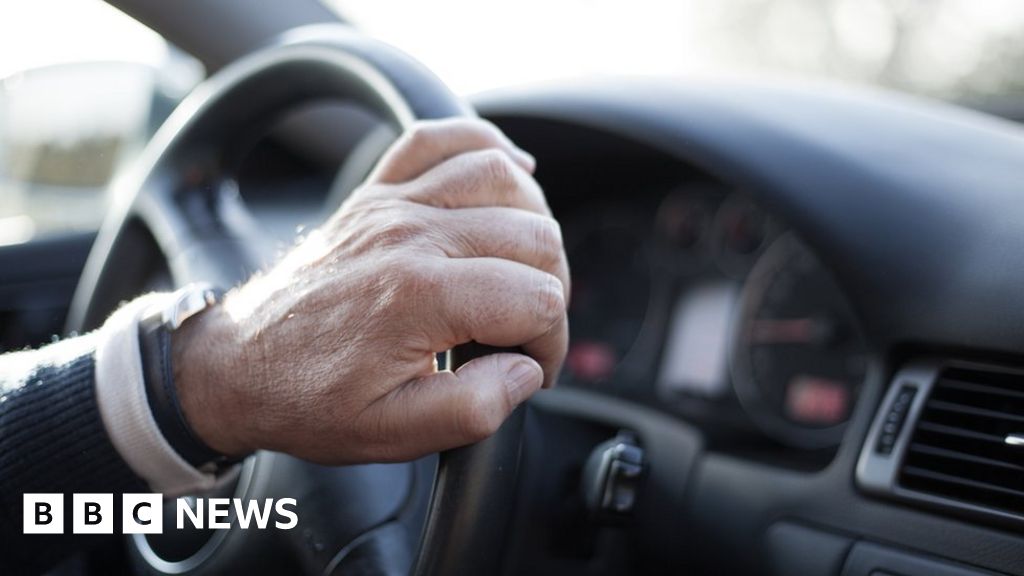The BBC Freedom of Information request found that, in 2022, 48,754 notifications were submitted to the DVLA with concerns over a person’s fitness to drive - up 82% from 26,716 in 2021. During the first three months of 2023, the agency received 11,548. These numbers include self-declarations, those by medical officials and third-party notifications.
Department for Transport (DfT) data shows increased casualty rates for both older and younger drivers. Older drivers, defined as those aged 70 and over, made up 21% of car driver fatalities in 2021. Younger drivers, aged 17-24, made up 16%.
DVLA data shows, as of 13 May, there were 6,023,173 people aged 70 and over who hold full driving licences in Great Britain.
In 2017, the number aged 90 and over topped 100,000 for the first time. As of May, the figure is 139,673.
Caroline Abrahams, charity director of Age UK said: “Most of us will get to the point where actually it is time for us to hang up the keys. But judging that is quite hard. Many older people value their bus pass. But of course it’s only any good if there’s a bus to take”. In February, BBC analysis of DfT data suggested Britain’s local bus network shrank by an estimated 14%.
Charles Musselwhite, associate professor of gerontology at Swansea University’s Centre for Innovative Ageing, published a paper that found older drivers are not more dangerous. He said they are over represented in collision data due to frailty. But he said it was “probably a good idea” to introduce “a driving test or some kind of cognitive test or a medical test”.
Professor Musselwhite said those who planned their retirement from driving were able to hang up their keys more successfully. “They’ve got friends and family and neighbours sometimes to help them do the driving,” he said. “But those who left it far too late are at risk of feeling very isolated, really not being able to fulfil their lives through the journeys that they’d once done.”
Becky Guy, road safety manager for the Royal Society for the Prevention of Accidents, added: “The first thing that anyone should do if they’re concerned about their driving for a medical reason is visit their GP straight away.” She said “simple assessments” can help drivers find areas where they can improve, while driving mobility centres can “advise on how people can continue to drive safely, perhaps with adaptations to their vehicle”.
A DfT spokesperson said: “All drivers are already required to ensure they are medically fit to drive, and all car drivers over 70 must renew their licence every three years. We have no plans to change the requirements for older drivers.”
Several years ago, having seen the “antics” of several over-60’s drivers and concerned that I might not be aware of my own bad “habits”, I took the opportunity to arrange a free 3-hour driving proficiency course for over-60’s with my local county council. The first 2 hours was the “test” and the remaining hour, 3 months later, was a follow-up to see if any recommendations had been taken on board. Luckily, I “passed”, collecting only a couple of criticisms to address.
The process was easy to arrange, using my own car, in a location of my own choosing and seemed an excellent means of obtaining an objective view of my driving ability. I would have been happy to repeat it regularly but, owing to cost and COVID, the course had been discontinued.




